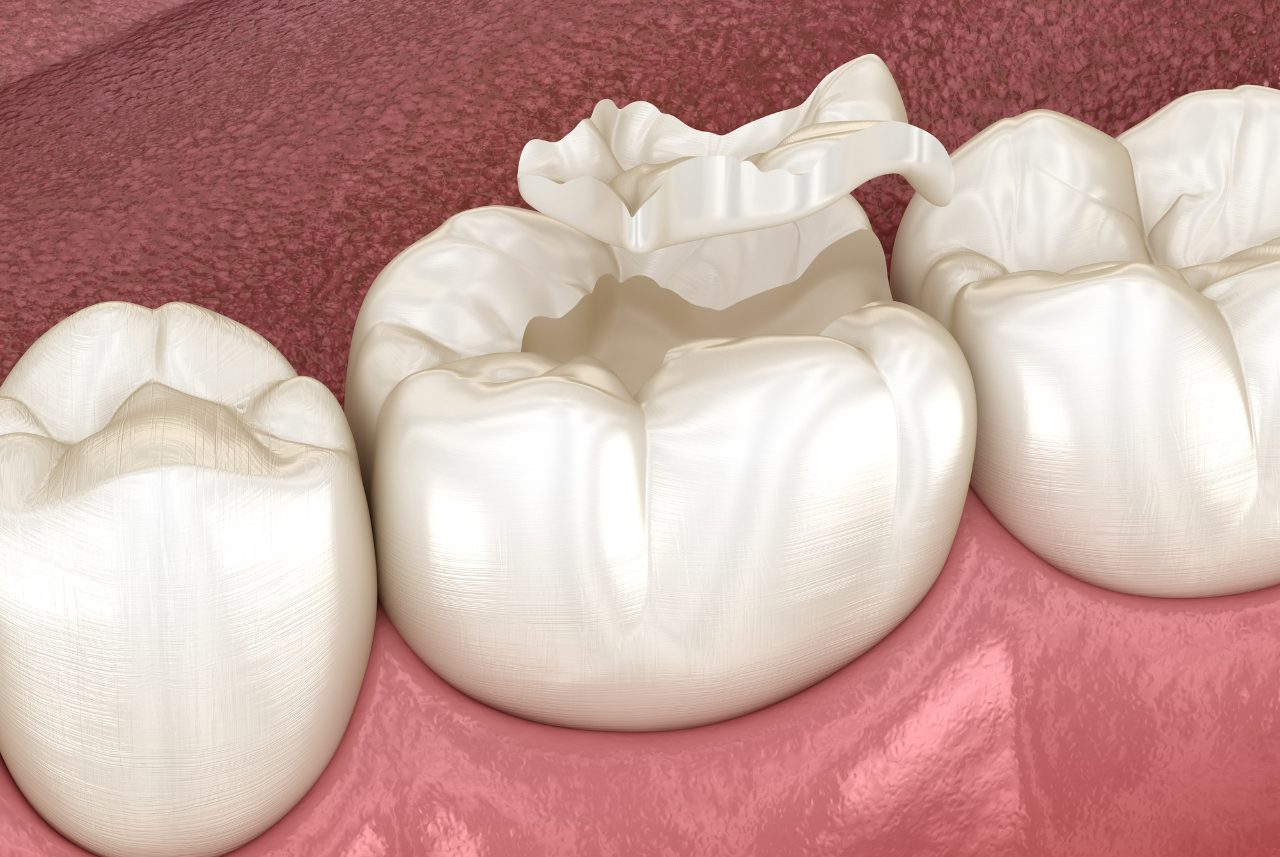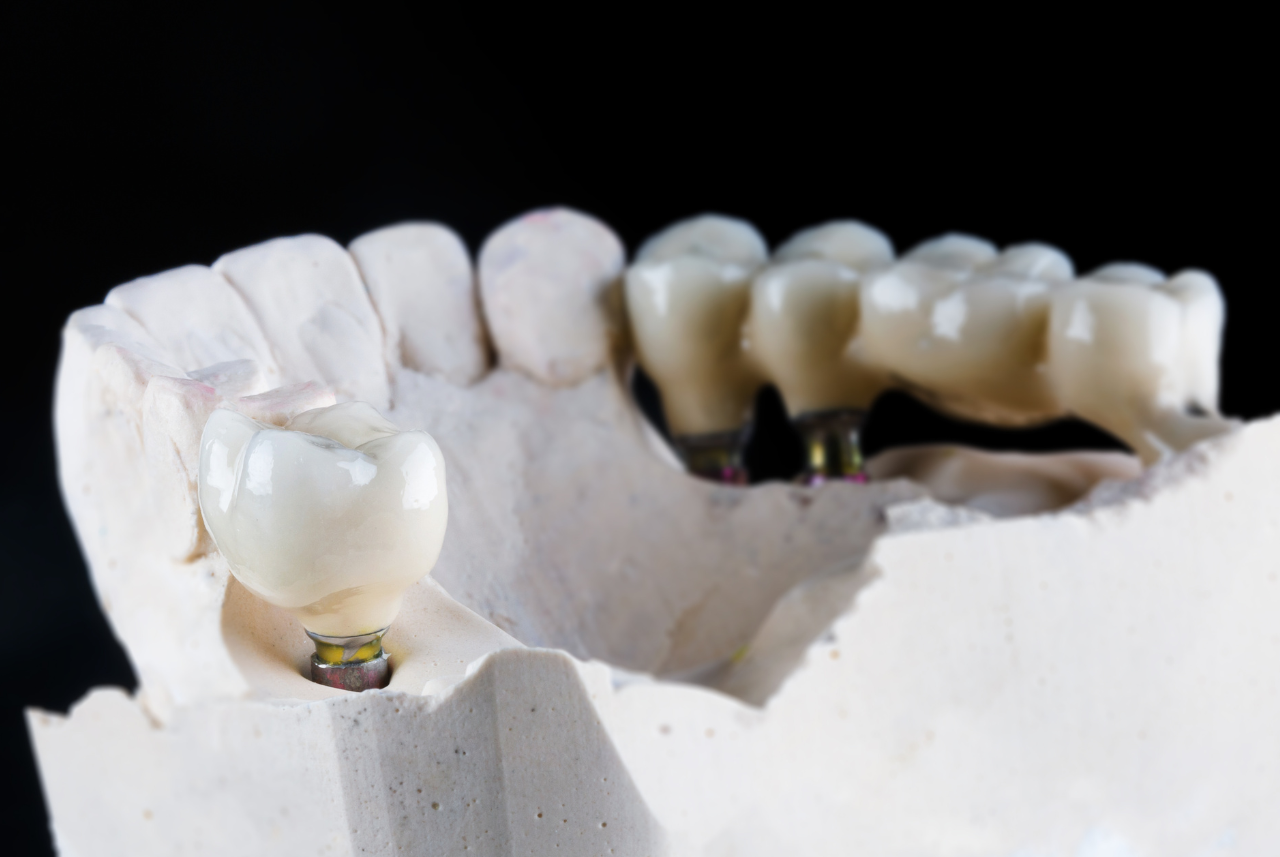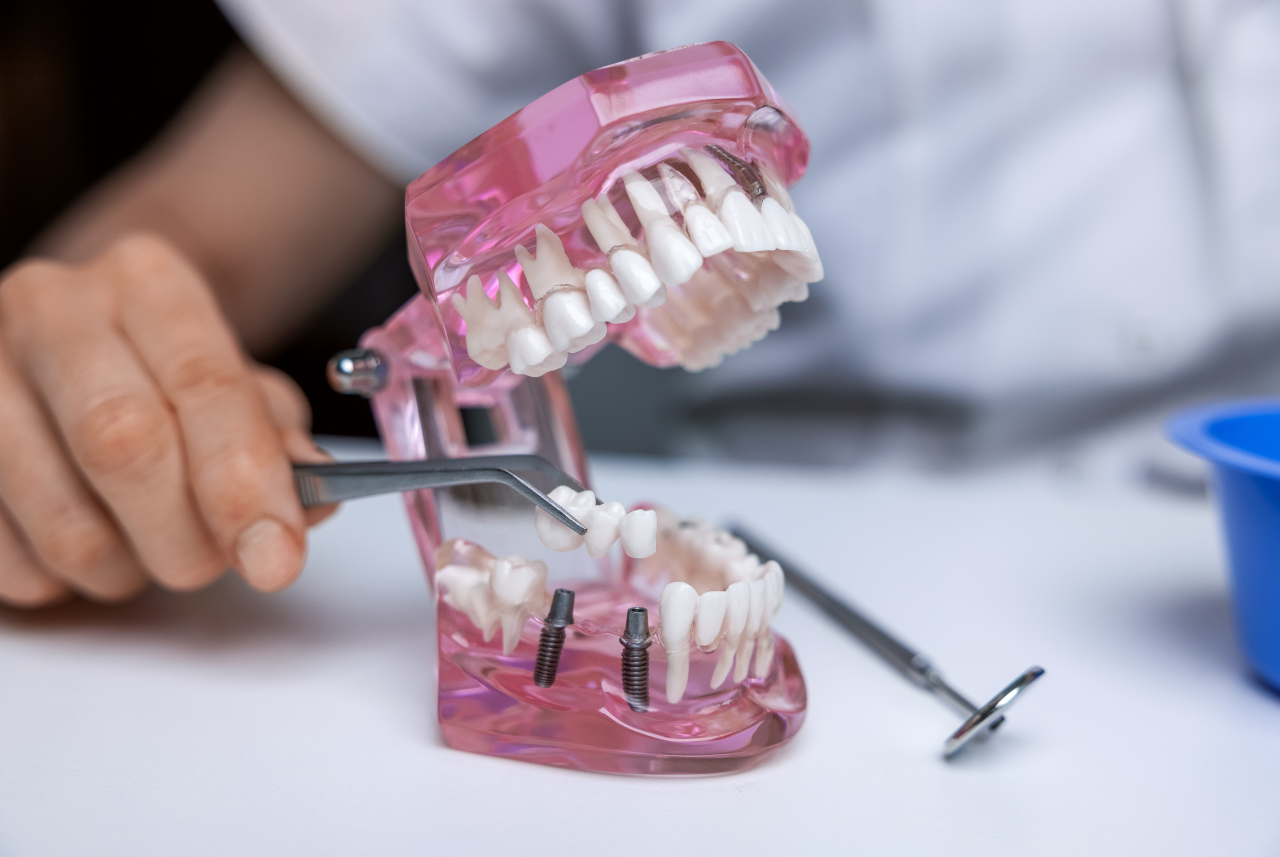Restorative Dentistry
Restore your Healthy Smile
At Yazdani Dental, we know how important a healthy, functional smile is to your overall well-being. Our Restorative Dentistry services are designed to repair damage, restore function, and enhance the beauty of your smile.
Fillings
When tooth decay strikes, fillings provide a quick and effective solution to restore your tooth’s health and structure. At Yazdani Dental, we use high-quality, tooth-colored materials that blend seamlessly with your teeth.
Crowns & Bridges
Damaged or missing teeth can impact your daily life, but our crowns and bridges offer a reliable solution. Crowns strengthen and protect damaged teeth, while bridges replace missing teeth to restore function.
Implant Restoration
If you’ve invested in dental implants, keeping them in top condition is key. Our implant restoration services ensure your implants remain functional, secure, and beautiful for years to come.
What Our Patients Are Saying
“My family and I have been patients of Dr. Yazdani for 15 years now. The clinic itself has state-of-the-art technology and the friendly staff are always there to greet you with a smile. Dr. Yazdani cares for his patients; he is very pleasant and always explains what he is doing. Our appointments are always on schedule and if there’s ever an emergency, they try to accommodate you in every way possible.”
Myself and my now-adult children have been Dr. Yazdani’s patients for 17 years! He and his staff are customer focused. They are professional, welcoming, courteous, and experts in their field. Appointments are always on time and the facility is very clean. We actually look forward to our dental visits! Our expectations are met each and every time. Thanks, Dr. Yazdani and crew!
On my first appointment with Dr. Yazdani, I immediately noticed how welcoming everyone was. The secretary, Lina, was very personable and kind. Dr. Yazdani was very thorough and professional, and I felt very valued as a patient. His staff is amazing and they are always very friendly. Six years later, my whole family frequents the office and I highly recommend him to anyone that is looking for a great dentist.
Take the First Step to Your Healthiest Smile
Experience personalized dental care tailored to your unique needs and goals. Let us help you achieve a lifetime of confidence with a bright, healthy smile—schedule your appointment today!




